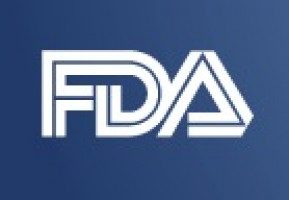
On March 31, 2021, the Food and Drug Administration approved isatuximab-irfc in combination with carfilzomib and dexamethasone, for the treatment of adult patients with relapsed or refractory multiple myeloma who have received one to three prior lines of therapy.
The efficacy and safety of isatuximab-irfc in combination with carfilzomib and dexamethasone was evaluated in IKEMA (NCT03275285), a multicenter, multinational, randomised, open-label, two-arm, phase 3 trial in patients with relapsed and/or refractory multiple myeloma who had received one to three prior lines of therapy.
The trial randomised 302 patients (3:2) to receive isatuximab-irfc with carfilzomib and dexamethasone (Isa-Kd) or carfilzomib and dexamethasone (Kd).
The main efficacy outcome measure was progression-free survival (PFS), assessed by an independent response committee based on central laboratory data for M-protein and central radiologic imaging review using International Myeloma Working Group criteria.
Median PFS was not reached in the Isa-Kd arm and was 20.27 months (95% CI: 15.77-NR) in the Kd arm (HR 0.548; 95% CI: 0.366-0.822; p=0.0032), representing a 45% reduction in the risk of disease progression or death in patients treated with Isa-Kd compared to those treated with Kd.
The most common adverse reactions (≥20%) in patients receiving isatuximab with carfilzomib and dexamethasone were upper respiratory tract infection, infusion-related reactions, fatigue, hypertension, diarrhoea, pneumonia, dyspnea, insomnia, bronchitis, cough, and back pain.
The most common haematology laboratory abnormalities (≥80%) were decreased haemoglobin, decreased lymphocytes, and decreased platelets.
The recommended isatuximab-irfc dose with carfilzomib and dexamethasone is 10 mg/kg as an intravenous infusion every week for 4 weeks followed by every 2 weeks until disease progression or unacceptable toxicity.
Source: FDA
The World Cancer Declaration recognises that to make major reductions in premature deaths, innovative education and training opportunities for healthcare workers in all disciplines of cancer control need to improve significantly.
ecancer plays a critical part in improving access to education for medical professionals.
Every day we help doctors, nurses, patients and their advocates to further their knowledge and improve the quality of care. Please make a donation to support our ongoing work.
Thank you for your support.